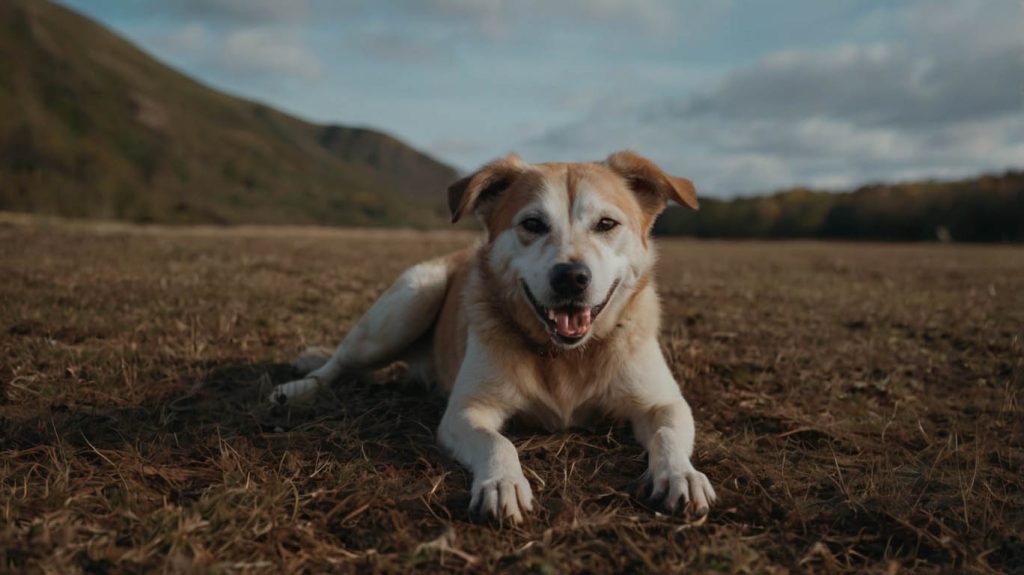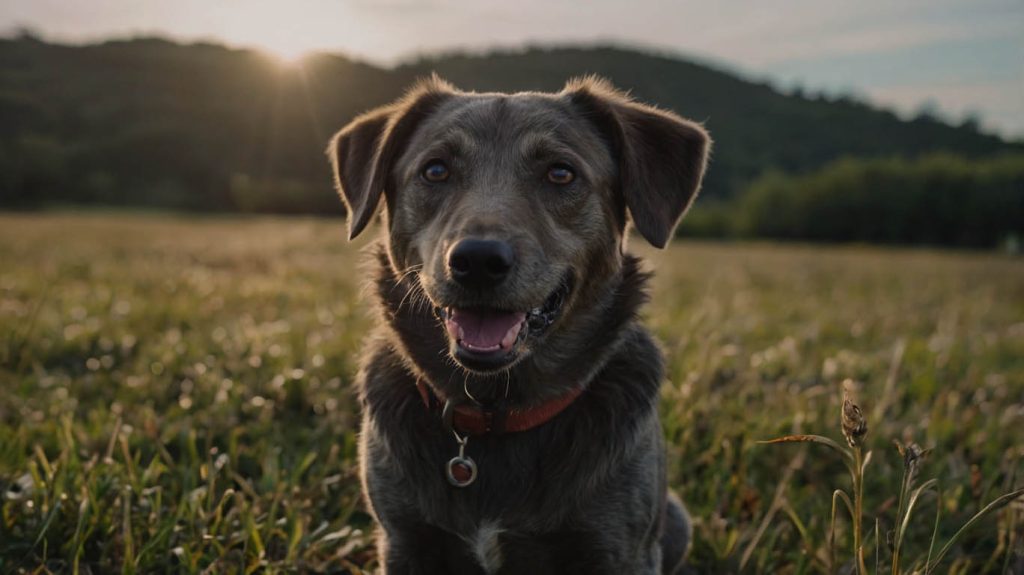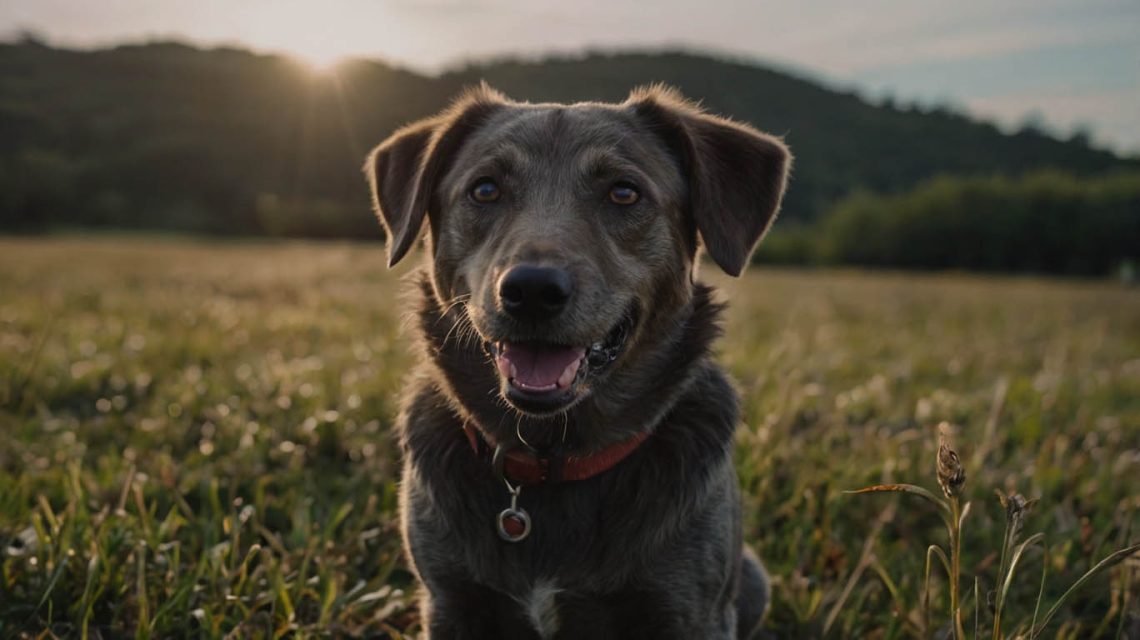Why Does My Dog Keep Licking His Paws: A Guide for Concerned Owners
You’re trying to relax, but a familiar sound keeps breaking the silence: “slurp, slurp, slurp.” You look over and see your dog, once again, intensely focused on licking one of their paws. You might have dismissed it at first as simple grooming. However, you’ve started to notice it’s happening all the time. The fur between their toes is now stained a reddish-brown, and their skin looks red and irritated. Consequently, a feeling of worry starts to creep in, and you find yourself asking the important question: why does my dog keep licking his paws?
This is more than just a minor annoyance; it’s a significant clue. Obsessive paw licking is a dog’s primary way of signaling that something is wrong. They are trying to tell you that they are itchy, in pain, or feeling anxious. Therefore, this guide is designed to help you decode their message. We will delve into the most common medical and behavioral reasons for this behavior and provide a clear, actionable plan to help you identify the cause and provide lasting relief for your best friend.
The Investigation: Answering “Why Does My Dog Keep Licking His Paws?”
To solve this puzzle, you need to consider a range of possibilities, from the skin deep to the psychological. In most cases, the root of the problem is a physical, medical issue.

Medical Reasons: The Most Common Answer to “Why Does My Dog Keep Licking His Paws?”
Your first and most important area of investigation should be your dog’s physical health. Discomfort is the number one driver of this behavior.
1. Allergies: The Leading Offender
For the vast majority of dogs, the answer is allergies. A dog’s allergic reaction often manifests as intensely itchy skin (a condition called atopic dermatitis), and the paws are a prime target.
- Environmental Allergies: Your dog could be reacting to allergens they inhale or walk through, such as grass, pollen, mold spores, or dust mites. This type of itching is often seasonal, becoming more severe in the spring and fall.
- Food Allergies: A sensitivity to an ingredient in their diet, most often a protein source like chicken or beef, can cause widespread itching that frequently centers on the paws, ears, and belly.
- Contact Allergies: This is a reaction to something their paws have made direct contact with, like road salt, lawn chemicals, or a harsh floor cleaner.
2. Pain or Injury
A dog’s natural instinct is to lick an area that hurts.
- Foreign Object: Carefully inspect between their paw pads for a hidden thorn, a sharp piece of gravel, a burr, or a dangerous foxtail.
- A Cut, Scrape, or Puncture: Check the paw pads themselves for any visible injuries they may have sustained on a walk.
- Internal Pain: A broken toe, a torn nail, or even arthritis in the joints of the paw can cause a deep, aching pain that your dog tries to soothe by licking. The question “why does my dog keep licking his paws” is a very frequent concern for owners of senior dogs dealing with arthritis.
3. Infections and Parasites
The skin on the paws can be a breeding ground for problems.
- Fleas and Mites: Flea bites and mites (like demodex or sarcoptes) can cause extreme itchiness anywhere on the body, including the feet.
- Yeast and Bacterial Infections: The constant moisture from licking creates the perfect warm, damp environment for bacteria and yeast to overgrow. This often leads to a distinct “Frito feet” smell and causes the reddish-brown fur staining (from porphyrins in saliva). This infection then makes the paws even itchier, creating a miserable, self-perpetuating cycle.
Behavioral Reasons: When the Licking is Not Skin Deep
If a thorough veterinary exam rules out medical causes, the licking may be rooted in your dog’s psychological state.
1. Boredom or Lack of Stimulation
For a highly intelligent or energetic dog, a lack of physical and mental exercise can lead to the development of repetitive behaviors. Paw licking can become a self-soothing, almost mindless habit to pass the time.
2. Anxiety, Stress, or Fear
Licking can be a calming mechanism for a dog experiencing stress. It’s similar to a person who nervously bites their fingernails. Common triggers include separation anxiety, fear of loud noises like thunderstorms or fireworks, or stress from a change in the household (like a new baby or pet).
3. Compulsive Behavior (Acral Lick Dermatitis)
Sometimes, the initial cause of the licking (like an old injury) is gone, but the behavior persists. The act of licking releases endorphins (pleasure chemicals) in the dog’s brain, which can make the behavior itself rewarding and addictive. This can lead to a condition called acral lick dermatitis, where the dog licks a specific spot (usually on the wrist or ankle) so much that they create a deep, open sore.

Your Action Plan: How to Help Your Dog
Now that you understand the potential causes, here is a step-by-step plan to address the issue.
The Essential First Step: A Visit to Your Veterinarian
You cannot effectively solve this problem without a professional diagnosis. Because the majority of cases have a medical cause, a trip to your vet is non-negotiable. They can perform diagnostic tests like skin scrapings, cytology (looking at skin cells under a microscope), and allergy testing to pinpoint the exact cause. Do not try to diagnose this at home.
Providing Immediate Relief and Management
While you’re working with your vet, you can take steps to make your dog more comfortable and prevent the licking from causing more damage.
- Clean Their Paws: After every walk, gently wipe your dog’s paws with a damp cloth or hypoallergenic pet wipe to remove potential environmental allergens.
- Use an Elizabethan Collar (E-Collar): The “cone” is the most effective tool for physically stopping your dog from licking and allowing the raw, irritated skin a chance to heal.
- Ask Your Vet About Soothing Soaks: Medicated soaks using a solution like chlorhexidine or povidone-iodine can help to treat secondary infections and reduce inflammation.
Long-Term Solutions for Paw Licking
The correct long-term solution will be guided by your vet’s diagnosis.
- For Allergies: Treatment may involve allergy medications, a prescription hypoallergenic diet, or medicated shampoos.
- For Boredom: Increase their daily exercise and provide more mental enrichment through puzzle toys, training games, and interactive play.
- For Anxiety: Work with a positive reinforcement trainer or a veterinary behaviorist to address the source of their anxiety through behavior modification. In some cases, anti-anxiety medication may be recommended.
A Quiet Paw is a Comfortable Paw
The answer to “why does my dog keep licking his paws” is almost always a signal of distress. That constant licking is a symptom of an underlying issue that requires your compassionate attention. By partnering with your veterinarian to investigate the cause and implement the right treatment plan, you can break the cycle of itching and pain. You can give your dog the comfort they deserve and finally bring an end to that persistent “slurp, slurp, slurp.”
What have you found that helps your dog’s itchy paws? Share your story and tips in the comments below!


